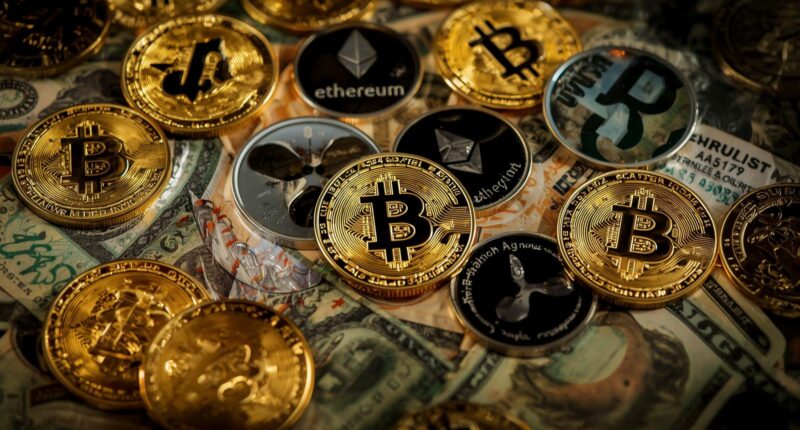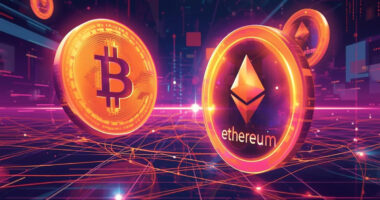Exploring the World of Altcoins: A New Frontier
The cryptocurrency market has grown far beyond Bitcoin, opening doors to a vibrant universe of altcoins. These alternative cryptocurrencies offer innovative solutions, diverse use cases, and exciting opportunities for both investors and tech enthusiasts. Exploring altcoins is like stepping into a new frontier of digital finance, where possibilities extend far beyond digital payments.
What Are Altcoins?
1. The Definition of Altcoins
Altcoins, short for “alternative coins,” refer to any cryptocurrency other than Bitcoin. Popular examples include Ethereum (ETH), Ripple (XRP), and Litecoin (LTC). While Bitcoin paved the way, altcoins are expanding the market with advanced features such as smart contracts, decentralized finance (DeFi), and tokenized ecosystems.
👉 For beginners, check out our guide to investing in cryptocurrency (internal link).
2. Why Altcoins Matter
Altcoins push the boundaries of blockchain technology. They enable:
-
DeFi applications that eliminate middlemen in financial services.
-
NFT marketplaces that tokenize art and gaming assets.
-
Cross-chain solutions that improve blockchain interoperability.
By doing so, altcoins are shaping the future of finance, making crypto more practical and scalable for global use. For in-depth insights, see CoinDesk’s crypto analysis (external link).
Key Trends in the Altcoin Market
3. DeFi and Web3 Growth
Altcoins like Solana (SOL) and Polygon (MATIC) power Web3 innovations, offering faster, cheaper transactions for decentralized apps. As NFTs, gaming, and metaverse projects expand, these altcoins will play crucial roles in scaling adoption.
4. Specialized Use Cases
Unlike Bitcoin, many altcoins are designed with niche purposes:
-
VeChain (VET) enhances supply chain management.
-
Chainlink (LINK) secures blockchain data with oracles.
-
Uniswap (UNI) drives decentralized trading.
These specialized tokens highlight how altcoins go beyond currency—they are tools for innovation.
Opportunities and Risks
5. Investment Potential
Altcoins often provide affordable entry points compared to Bitcoin. Their lower prices allow smaller investors to diversify portfolios. Emerging projects with strong utility can yield high returns if they achieve mainstream adoption.
👉 You can also explore other wealth-building opportunities, such as real estate investment strategies (internal link).
6. Volatility and Regulation
Despite the potential, altcoins are volatile and high-risk. Prices can rise or crash rapidly. Additionally, as global governments introduce stricter regulations, some altcoins may face compliance challenges. Investors must research carefully, focusing on projects with transparent governance and active development. For reliable data, check CoinMarketCap (external link).
Conclusion: Altcoins as the New Frontier
Exploring the world of altcoins reveals a new frontier in digital finance—one full of innovation, opportunity, and disruption. From powering decentralized apps to enabling real-world solutions, altcoins are pushing blockchain technology to new heights.
For forward-looking investors, altcoins represent more than speculative assets; they are the building blocks of the future financial system. By staying informed and making smart decisions, you can navigate this exciting frontier and uncover the next big opportunities in crypto.









